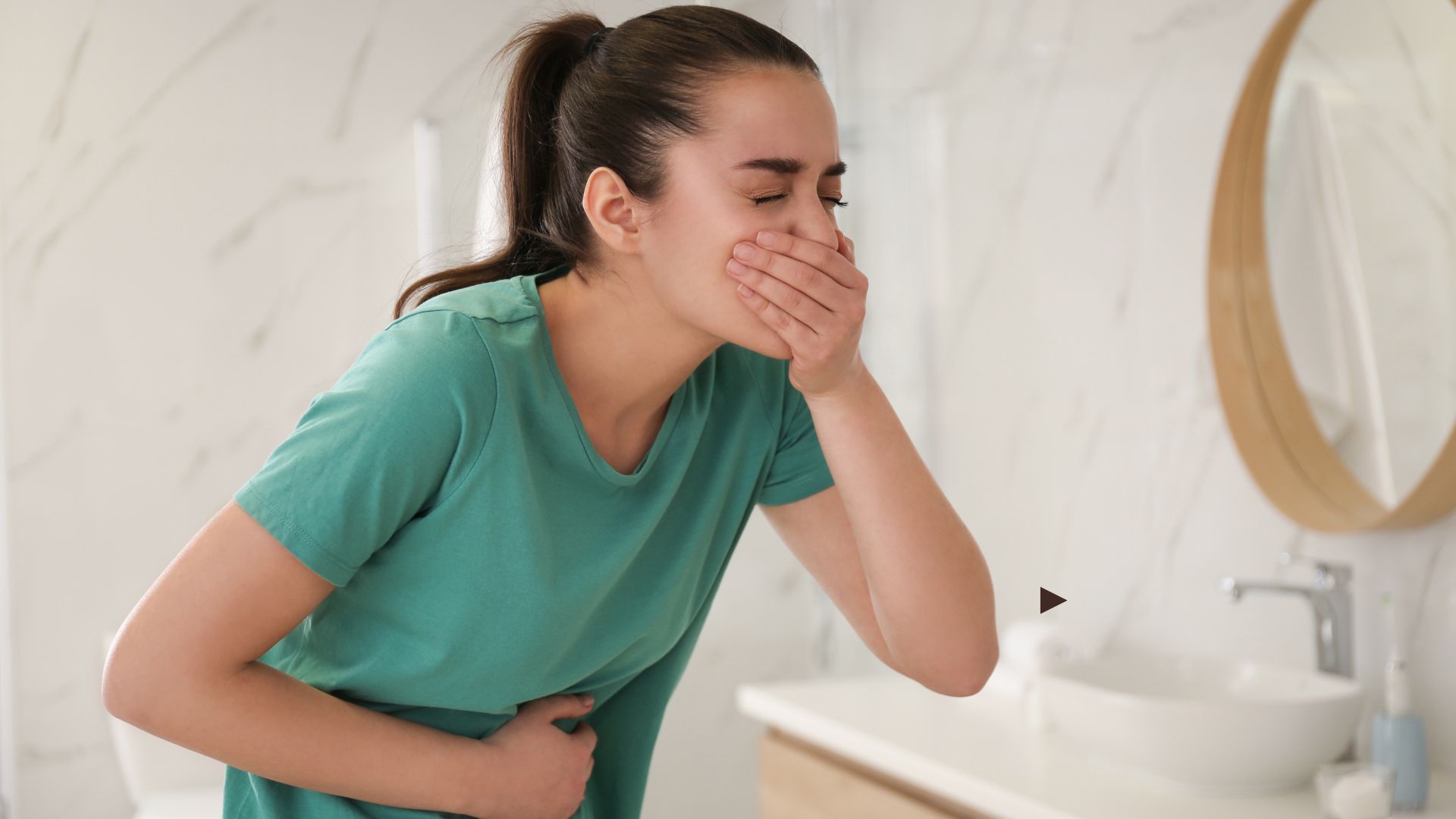
Food poisoning is a common issue in the UK, affecting thousands of people every year. It occurs when you consume food contaminated with bacteria, viruses, or parasites. Common causes include undercooked meat, unpasteurised dairy products, and poor hygiene practices during food preparation. While most cases of food poisoning are mild and resolve on their own, some situations require prompt medical attention. This article will help you understand when to manage food poisoning at home and when to seek professional medical advice.
What is Food Poisoning?
Food poisoning, also known as foodborne illness, occurs when you consume food contaminated with harmful microorganisms. These can include bacteria like Salmonella and Campylobacter, viruses like norovirus, and parasites like Giardia.
Typical symptoms of food poisoning include:
- Nausea and vomiting: These are often the first signs and can be severe.
- Diarrhoea: This can range from mild to severe and may contain blood or mucus in more serious cases.
- Stomach cramps: Abdominal pain and discomfort are common.
- Fever: A fever above 38.5°C (101.3°F) may indicate a more serious infection.
- Headache: Some cases of food poisoning can cause headaches due to dehydration or infection.
When to Manage Food Poisoning at Home
Most cases of food poisoning are mild and can be managed at home with proper self-care. You can typically treat it yourself if:
- Your symptoms are mild, such as occasional diarrhoea, vomiting, and mild stomach cramps, lasting less than 48 hours.
- You are not severely dehydrated. Signs of dehydration include dark urine, dizziness, excessive thirst, and dry mouth.
- Your fever is below 38.5°C (101.3°F).
Self-care tips for mild food poisoning:
- Stay hydrated: Drink plenty of fluids, such as water or oral rehydration solutions (ORS), to replace lost electrolytes.
- Rest: Allow your body time to recover.
- Avoid solid foods initially: Stick to bland foods like crackers, toast, and rice until symptoms improve.
- Be cautious with medications: Over-the-counter medications like loperamide (for diarrhoea) may provide relief, but they should be used with caution, as they can sometimes prolong bacterial infections. Consult a pharmacist or doctor before taking them, especially if you are pregnant or have underlying health conditions.
Warning Signs: When to See a Doctor
While most cases of food poisoning resolve on their own, certain warning signs indicate the need for immediate medical attention:
- Symptoms lasting more than 3 days: Persistent or worsening symptoms after 72 hours require medical evaluation.
- Severe dehydration: Signs include:
- Very dark urine or no urination for 8+ hours
- Dizziness or fainting
- Rapid heartbeat
- Dry mouth and lips
- Confusion
- High fever: A fever above 38.5°C (101.3°F) may indicate a more serious infection.
- Blood in vomit or stool: This can suggest a severe infection or other underlying condition.
- Persistent vomiting: If you cannot keep any fluids down, you may need IV fluids.
- Neurological symptoms: Blurred vision, muscle weakness, or difficulty speaking require urgent medical attention.
If you experience any of these warning signs, seek immediate medical help.
Vulnerable Groups
Certain individuals are more vulnerable to complications from food poisoning and should seek medical attention promptly:
- Pregnant women: Food poisoning can pose risks to both the mother and fetus.
- Young children: Infants and toddlers are more susceptible to dehydration and complications.
- Elderly individuals: Older adults may have weakened immune systems, making them more vulnerable.
- People with weakened immune systems: This includes those with conditions like HIV/AIDS, cancer, or those undergoing chemotherapy or immunosuppressive therapy.
How UK Healthcare Services Can Help
If you are concerned about your symptoms, you can:
- Contact your GP for advice.
- Call NHS 111 for guidance.
- Visit a walk-in centre or urgent care centre for non-emergency cases.
- Go to A&E or call 999 in severe cases, such as difficulty breathing, severe dehydration, or neurological symptoms.
Diagnosis
A doctor may order tests, such as a stool sample, to identify the cause of your food poisoning.
Treatment
Treatment options may include:
- Antibiotics: Only prescribed if the infection is bacterial and severe (e.g., Salmonella or Campylobacter infections).
- IV fluids: If severe dehydration occurs.
- Medications to manage symptoms: Such as anti-nausea drugs or pain relievers if appropriate.
Preventing Food Poisoning in the UK
The best way to prevent food poisoning is by following good food hygiene practices:
- Wash your hands: Use soap and water before, during, and after food preparation.
- Cook food thoroughly: Ensure meat, poultry, and seafood reach safe internal temperatures:
- Poultry: 74°C (165°F)
- Ground meat: 71°C (160°F)
- Fish: 63°C (145°F)
- Store food safely: Refrigerate perishable foods promptly at 5°C (41°F) or below.
- Prevent cross-contamination: Keep raw meat separate from ready-to-eat foods.
- Be cautious with high-risk foods: Avoid raw eggs, unpasteurised dairy, and undercooked seafood.
- Check food recalls: Monitor alerts from the Food Standards Agency (FSA).
Conclusion
Food poisoning can be an unpleasant experience, but most cases can be managed at home with proper self-care. However, recognising the warning signs that require medical attention is crucial. If you experience severe symptoms such as persistent vomiting, a high fever, or blood in your stool, seek medical advice promptly. For those facing this issue, a private GP consultation in London can provide quick and personalised care to address your symptoms effectively.
By following good food hygiene practices and knowing when to seek medical help, you can reduce your risk of food poisoning and ensure a speedy recovery.